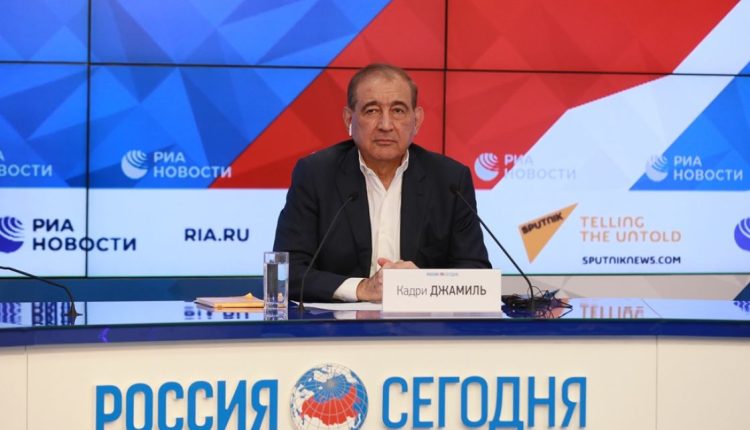Moscow Platform Announces Cooperation Document with Kurdish Party, Opposition Bodies
QAMISHLI, Syria (North Press) – The Moscow Platform for the Syrian opposition, a key component of the Syrian Negotiations Commission (SNC), announced on Monday the signing of a cooperation document with a Syrian Kurdish party and multiple opposition bodies and figures.
The document, which outlines eight key points, reflects a shared vision for resolving the Syrian crisis.
Qadri Jamil, head of the Moscow Platform, published the cooperation document, marking the addition of prominent members to the platform, including Salah Darwish, Secretary of the Kurdish Democratic Progressive Party in Syria; Ubaida Nahhas from the National Renewal Movement; and the respected national figure Hassan Hani al-Atrash.
According to the document, the path to ending Syria’s conflict and restoring unity lies in a political solution that fully implements all aspects of UN Security Council Resolution 2254.
The document states that the Syrian people will ultimately determine the nature of the new Syria, which will be governed by a legal framework founded on an advanced and just constitution that ensures freedom for all Syrian citizens. It will provide a basis for resolving democratic issues, including those with a national dimension.
The Kurdish question is presented as a key national and democratic issue in Syria, with the document underscoring the need for a constitutional framework that guarantees the Kurdish community’s legitimate national rights.
Additionally, the document criticizes Western economic sanctions, arguing that they have not targeted “toppling the regime” but rather have weakened Syria as a whole, negatively impacting the Syrian people.
One of the proposed pillars for Syria’s future governance model includes a balanced relationship between centralization and decentralization. The center would hold authority over critical areas such as foreign policy, defense, finance, and broader economic policies, while regional authorities would have significant autonomy. These local entities would allow citizens to exert direct control over regional executive powers, electing representatives for legislative authority, aimed at fostering inclusive political representation.
On November 9, key components of the Syrian Negotiations Commission, the Moscow and Cairo platforms, reached an agreement on a memorandum intended to advance a political resolution to the Syrian conflict. However, two days later, the Cairo Platform denied any formal endorsement of the memorandum, calling it an “individual act” by Firas al-Khalidi, one of its members.

